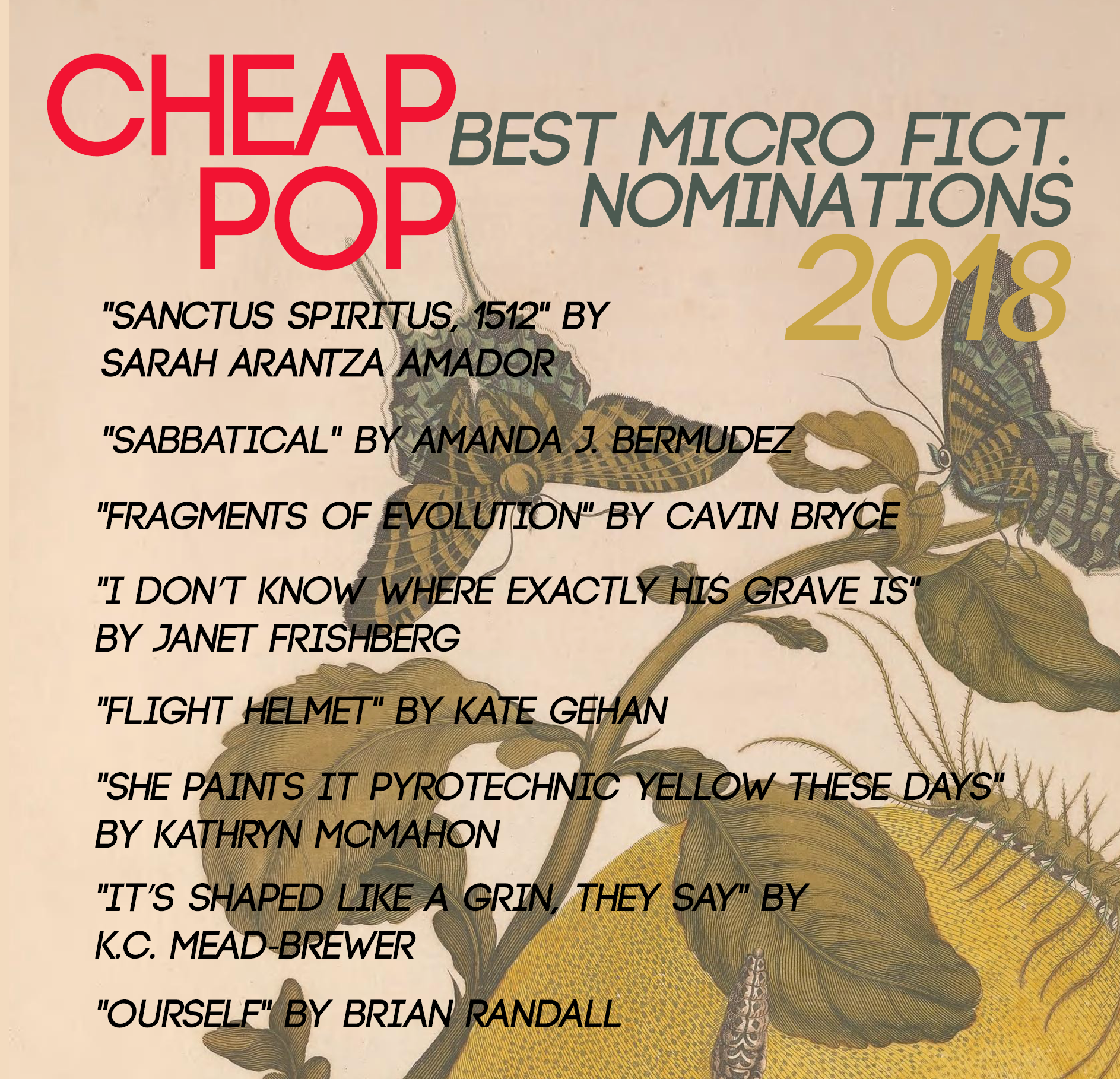EVERYONE WAS IN ON IT EXCEPT YOU — NEIL CLARK
/We staged a fake apocalypse, and everyone was in on it except you.
For months, while you’d be sleeping, we’d be planning for ‘The End,’ concocting the next bogus seed to plant in your head.
We plastered your social media with “satellite images” of electromagnetic space vacuums sucking birds and aircraft and clouds clean out of Earth’s atmosphere. Remorseful articles from reputable science journals appeared everywhere, advising to please forget everything they ever wrote. The Bermuda Triangle was re-named The Bermuda Globe. “Unexplained” power cuts occurred with increasing frequency, and the price of tinfoil went through the roof. Every film released—from Hollywood blockbuster to moody indie flick—featured species-ending obliteration out of which nobody rose up to save the day. The end title sequences were full of obituaries of the cast and crew - reason for death: sucked-out-of-Earth’s-atmosphere-related complications.
Then the night of our false Armageddon came.
We donned our space-suits and said our genuine goodbyes to the planet. For a meticulously rehearsed hoax, emotions ran high.
This was really happening. Too late to go back. Way too much work had gone in.
While you were in the land of nod, seven-and-a-half-billion of us snuck out and boarded seven-hundred-million spacecraft. Destination: The Moon, where we were to hide and take our view of Earth—new population: you.
On the lunar surface, we unpacked our telescope-cam and rigged up our football-pitch-sized screens to watch your reaction back home. We thought you’d be panicking by then, screaming “Hello?!” into every void. We’d dreamt of the moment we’d finally get to laugh at you falling for it—hook, line and sinker. We expected to be patting each other on the collective back for a job well executed; celebrating into the astral night awash with stray champagne blobs floating sideways across the carnival atmosphere.
Alas, no space-magnums were popped.
You never panicked.
You screamed into no void.
You did not scream at all.
We watched you, perfectly content in your new-found isolation, gazing at the moon in awe like an inverse Apollo astronaut. The surface of our bone-white exosphere was already scarring. Its new population was turning on itself. Firing shots. Clamoring for territory.
And you were witnessing it all from afar.
You watched flags get flown. Borders form. Walls get built. You observed low-gravity mass hysteria—our people questioning why we’d come here, why nobody had thought about how we’d get ever back.
Amidst all the chaos, we watched you watching us. We saw you enjoying your plush Earthen surroundings. The trees. The oceans. The gravity. The planet breathing a colossal sigh of relief. Most of all, the solitude. We saw you sit back with your feet up, a pot of coffee, a slice of cake, the bubble of personal space around you as vast and stunning as the sky above you.
“I did it,” we saw your mouth. “I can’t believe they fell for it.”
Neil Clark is a writer from Edinburgh, Scotland. His work has been published in Okay Donkey, Five:2:One, formercactus and other great places. Find him at neilclarkwrites.wordpress.com or say 'hi' on Twitter @NeilRClark.















